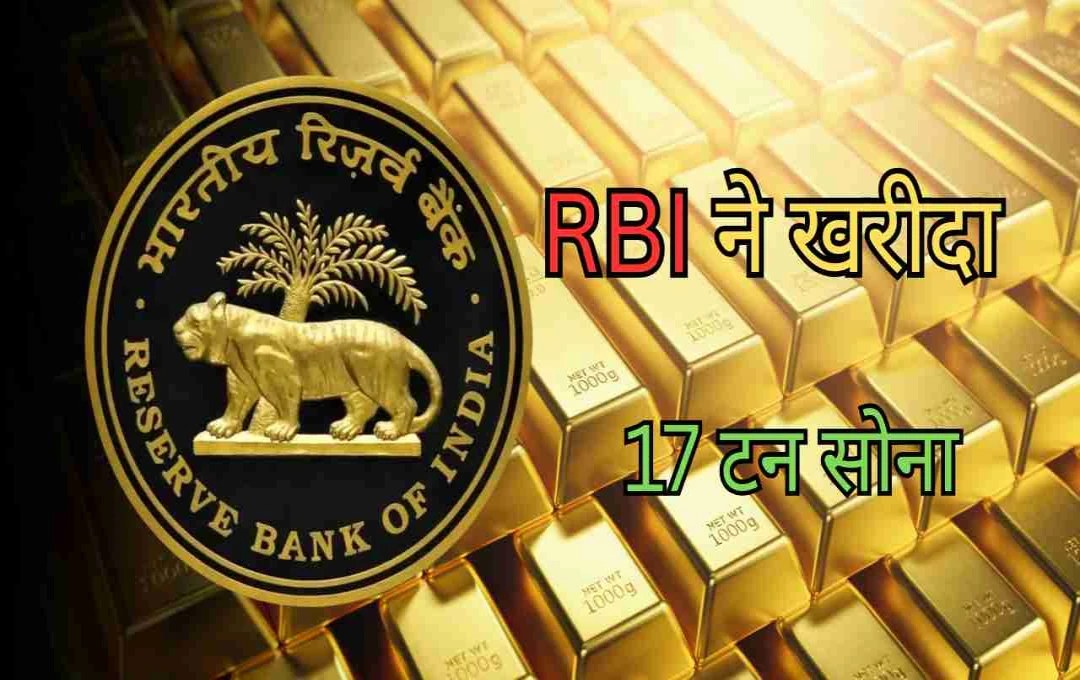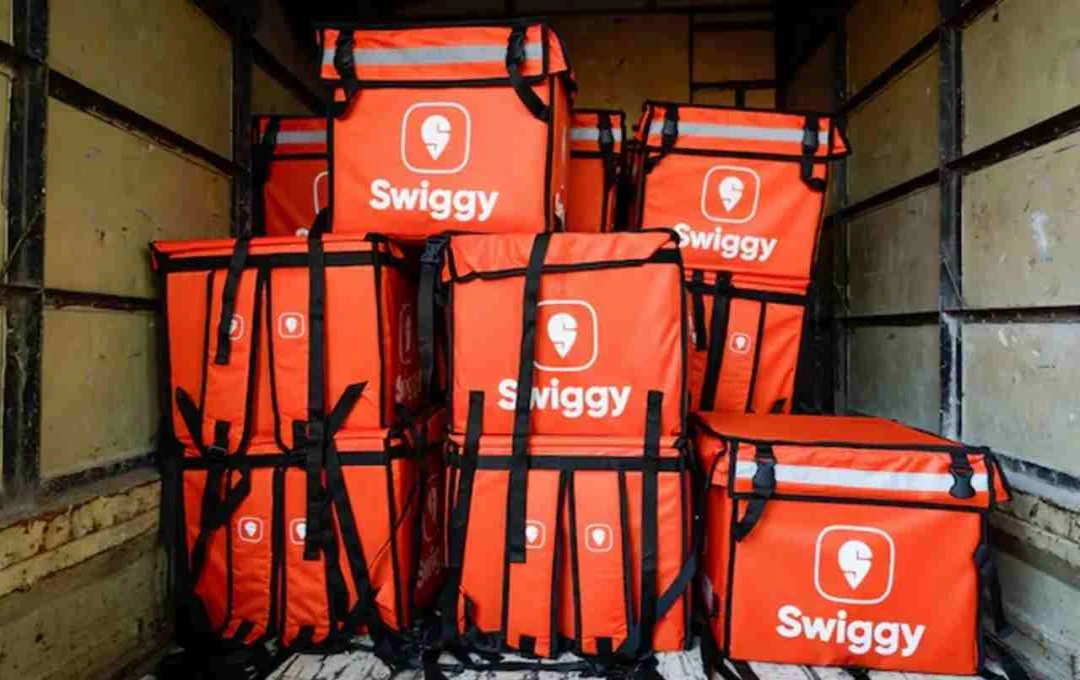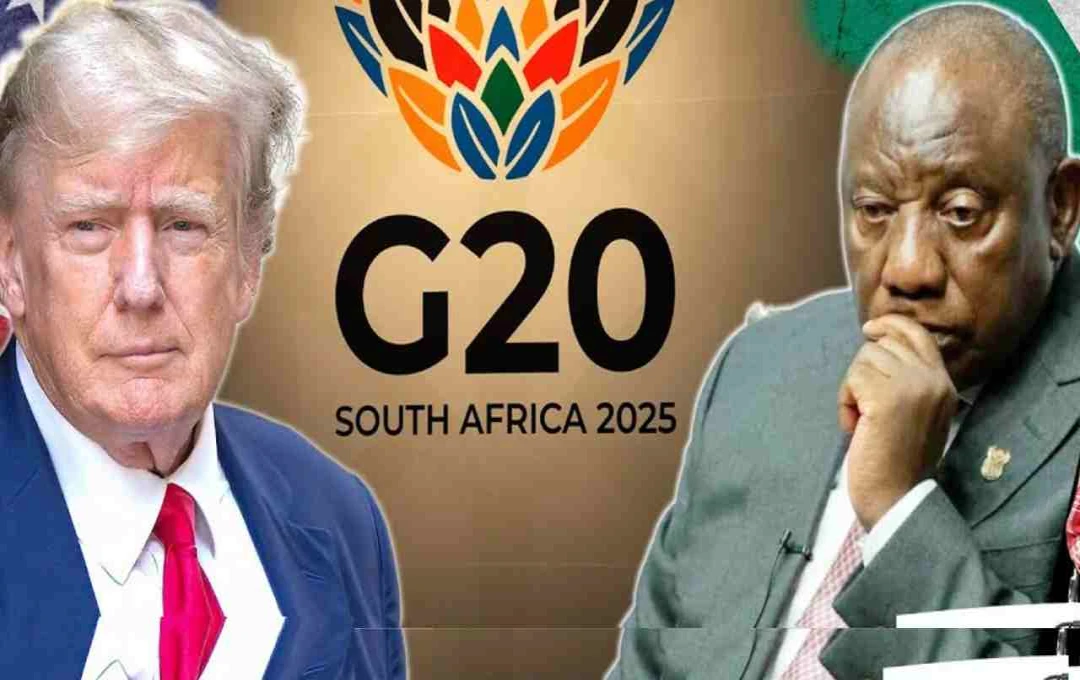The Reserve Bank of India (RBI) purchased approximately 17 tonnes of gold between April and June 2025, according to a recent report by the World Gold Council. The estimated value of this purchase is around ₹12,410 crore. This acquisition is considered significantly large compared to the past few years.
Purchases Doubled Compared to Last Year
In the April-June quarter of 2024, the RBI bought roughly half the quantity of gold purchased this year. The current purchase is not only larger, but also indicates that the RBI is taking a more proactive approach to its gold reserves. In the first six months of 2025 alone, a total of 37 tonnes of gold have been purchased, doubling the amount from the previous year.
Gold Market Rate in July 2025
The calculations are based on the average market rate of gold in July 2025. At that time, the price of 24-carat gold was approximately ₹73,000 per 10 grams. This translates to about ₹73 lakh per kilogram. Therefore, the total value of the 17,000 kilograms (17 tonnes) purchased amounts to approximately ₹12,410 crore.
Central Banks Worldwide are Stockpiling Gold
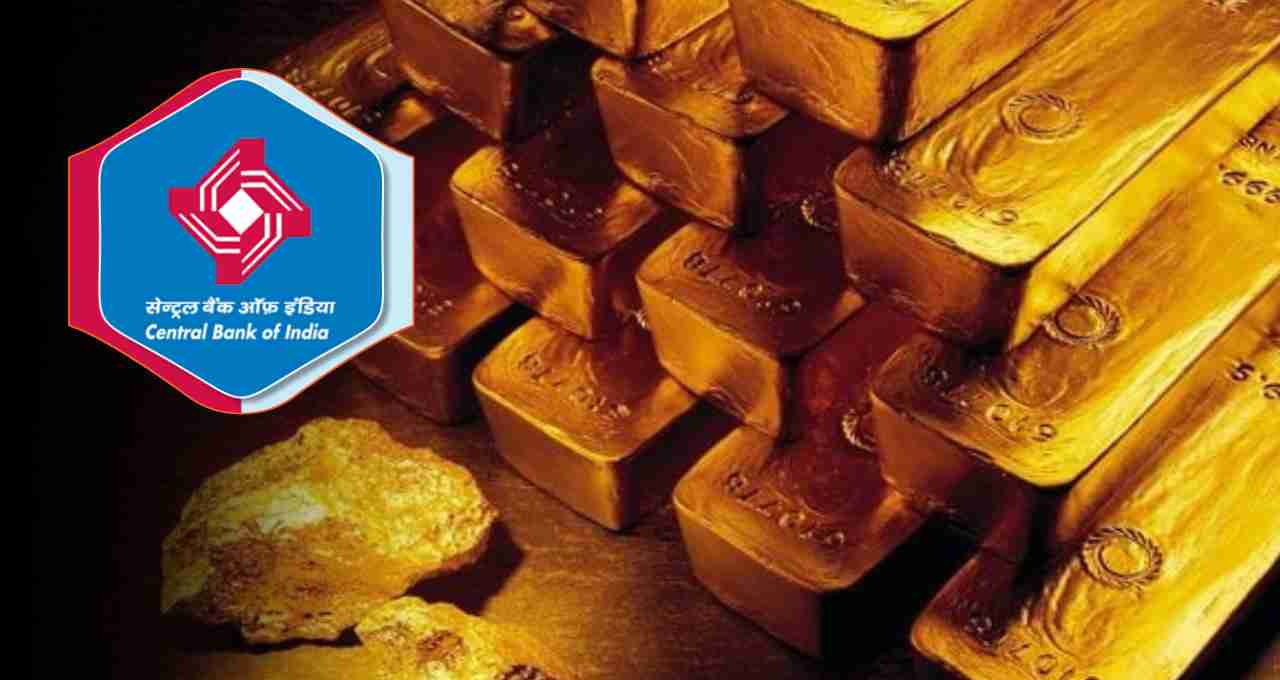
The RBI's initiative is not unique to India. Central banks around the world are currently emphasizing gold purchases. According to the report, a total of 157 tonnes of gold were bought globally in the April-June quarter, a 28% increase compared to the first quarter. Turkey leads the list with 38 tonnes purchased. India ranks second, followed by countries like Poland, China, Qatar, and the Czech Republic, all of which have also bought significant quantities of gold.
Why Gold Demand is Increasing
A major factor is global instability. Issues such as the Russia-Ukraine war, tensions in the Middle East, the US-China trade war, and the state of the dollar are affecting economies worldwide. In such times, central banks are relying on gold to stabilize their foreign exchange reserves. Gold has long been considered a safe investment and is now viewed as a strategic asset.
Inflation and Interest Rates are Contributing Factors
Persistent fluctuations in the inflation rate and uncertainty in global interest rates are also significant factors. When economic conditions are unstable, gold acts as a safe haven. This is why central banks are making it a robust part of their reserves.
Major Shift in India's Strategy
The RBI, India's central bank, is now prioritizing investments not only in foreign currencies but also in other assets. This diversifies the foreign exchange reserves and reduces risk. Gold, with its stable value over time, has become the most suitable option for this purpose.
Increase in India's Foreign Exchange Reserves
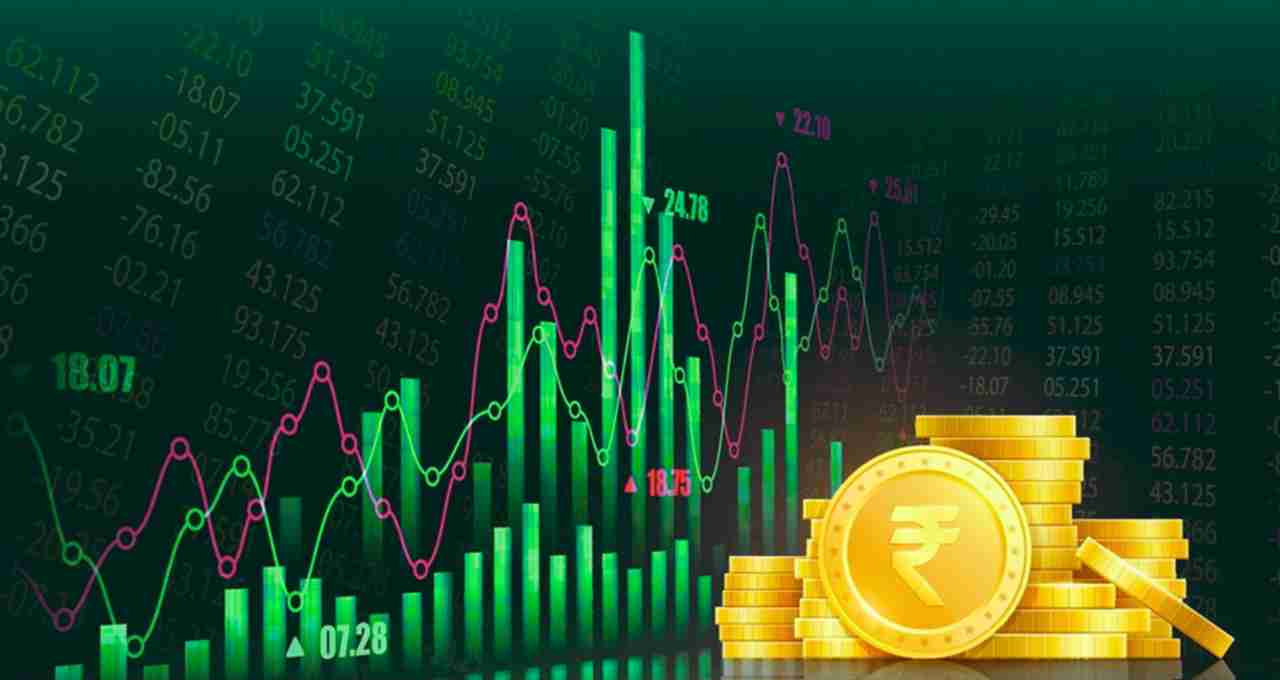
The RBI's gold purchases have led to an increase in India's foreign exchange reserves. India now possesses not only dollars and other currencies but also a substantial gold reserve, which can be useful in times of crisis.
Implications for Small Investors
When institutions like the RBI buy gold on such a large scale, it signals that the price and demand for gold may continue to rise. This further strengthens investor confidence in gold. Although this move is not directly for आम investors, it is important to understand that gold is no longer limited to jewelry.
This Trend is Visible Worldwide, Not Just in India
Besides India, countries like Poland, China, and Turkey are also prioritizing gold in their reserves. This clearly indicates a new global economic strategy is emerging, where gold is once again playing a central role.
World Gold Council Report as the Basis
The information in this news comes from the World Gold Council's ‘Gold Demand Trends Report - Q2 2025’. The report details how global central banks are increasing their gold reserves and how much each country has purchased.
Gold's Shine Remains Intact
Amid market uncertainty, a weak dollar, volatile interest rates, and political tensions, gold has once again emerged as the most reliable asset. The RBI's recent purchases indicate that this trend is likely to continue in the future.
